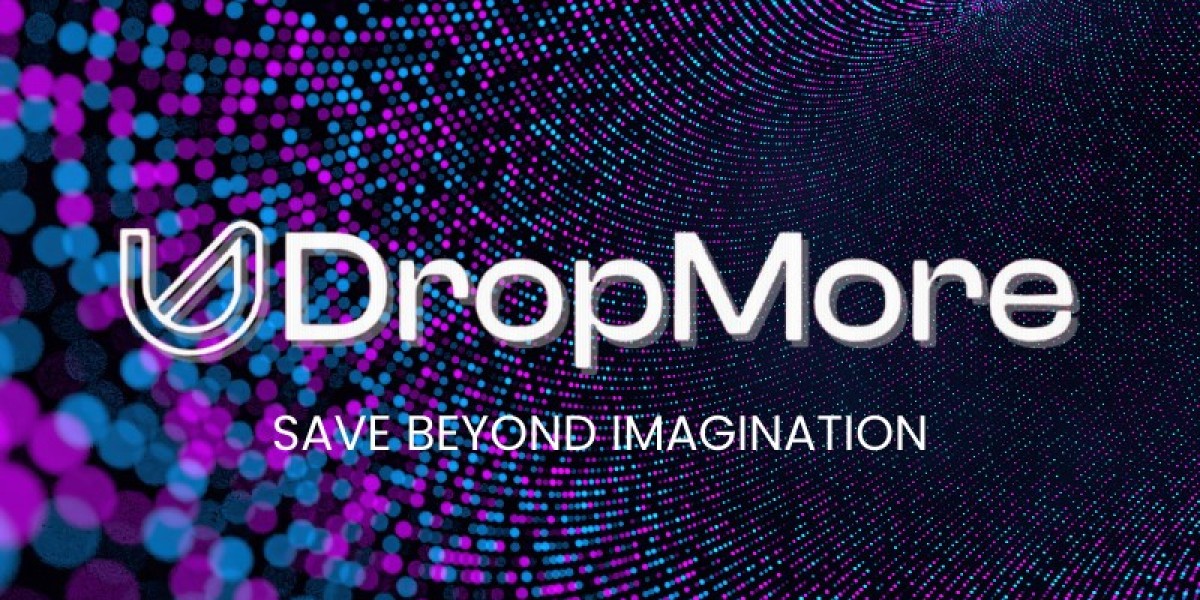Addiction is a silent thief that can rob individuals of their health, relationships, and happiness. Its effects ripple through families, communities, and society, making it one of the most pressing challenges of our time. While addiction may feel insurmountable, there is hope. A holistic approach to drug and alcohol rehab offers a pathway to healing and recovery, focusing not just on the symptoms but on every facet of a person's well-being.
This guide explores what addiction really entails, dives into the holistic approaches to treatment, and provides practical advice for overcoming the cycle of addiction.
Understanding Addiction
Addiction is a complex and multifaceted condition characterized by the compulsive use of substances or engagement in behaviors despite negative consequences. While drug addiction and alcohol abuse are the most commonly addressed, addiction can also arise from gambling, gaming, or even compulsive shopping.
Factors Contributing to Addiction
Genetics: Research indicates that genetics play a substantial role, with an estimated 40-60% of a person’s vulnerability to addiction being linked to inherited traits.
Environment: Growing up in an environment where substance use is normalized, or experiencing trauma, abuse, or neglect, can increase the likelihood of addiction.
Mental Health: Co-occurring disorders like depression, anxiety, or PTSD often heighten the risk, with individuals turning to substances to self-medicate.
The Cycle of Addiction
Understanding the stages of addiction can help break the cycle. These stages typically include:
Initiation: The first exposure to a substance, often due to curiosity, peer pressure, or the pursuit of relief from stress or pain.
Maintenance: This is when substance use becomes regular, often to combat withdrawal symptoms or maintain a sense of normalcy.
Recovery: Recognizing the problem and seeking help. This powerful first step is the foundation of treatment and healing.
Relapse: A common part of the recovery process, relapse isn't a failure but a sign that adjustments are needed in the approach to rehab.
Breaking this cycle requires more than surface-level solutions. It calls for a holistic approach.
The Holistic Approach to Rehab
A holistic approach recognizes that addiction doesn't just affect the body—it influences the mind, emotions, and spirit. Effective addiction treatment integrates medical, psychological, and social elements to create a comprehensive approach to recovery.
The Importance of Individualized Care
No two individuals experience addiction the same way, which is why rehabilitation programs must be tailored to a person’s unique needs. For instance:
Co-occurring disorders (such as addiction and mental health conditions) require dual diagnosis treatment to address both issues simultaneously.
Cultural and personal values must also be considered to create an approach that resonates with the individual.
This personalized care ensures that the root causes of addiction, not just the symptoms, are treated.
Effective Therapies in Addiction Treatment
To achieve lasting recovery, addiction therapy must explore multiple avenues, from psychological practices to community-based support groups and creative alternatives.
Cognitive Behavioral Therapy (CBT) & Dialectical Behavior Therapy (DBT)
CBT helps individuals identify and change destructive thought patterns that contribute to substance use, while DBT teaches emotional regulation and distress tolerance—essential skills for preventing relapse.
Group and Family Therapy
Healing addiction extends beyond the individual. Group therapy offers connection and shared experiences, while family therapy helps repair relationships and build a strong support system.
Alternative Therapies
Holistic practices like art therapy, music therapy, and wilderness therapy allow individuals to explore their emotions in creative and non-traditional ways.
Art Therapy: Encourages expression and self-discovery.
Music Therapy: Enhances mood and encourages reflection.
Wilderness Therapy: Combines outdoor activities with counseling to reduce stress and build resilience.
Lighthouse Treatment Center
1310 W Pearl St Anaheim, CA 92801
(866) 811-3656
Lifestyle Changes and Aftercare
Recovery goes beyond completing a rehab program; it’s about building a sustainable, fulfilling lifestyle that supports sobriety.
Healthy Habits and Routines
Adopting activities like regular exercise, balanced nutrition, and mindfulness practices can help individuals stay grounded and reduce cravings. Simple routines like early morning walks or preparing nutritious meals can provide structure and stability.









